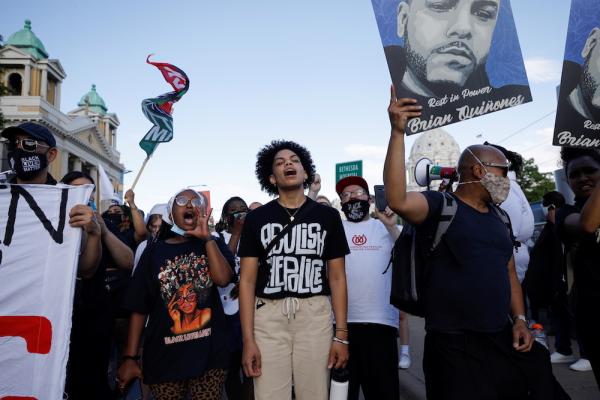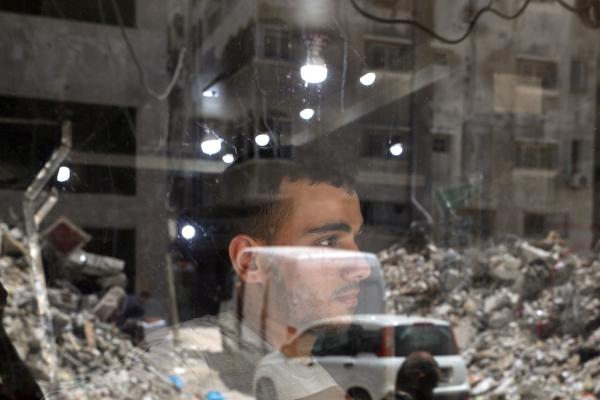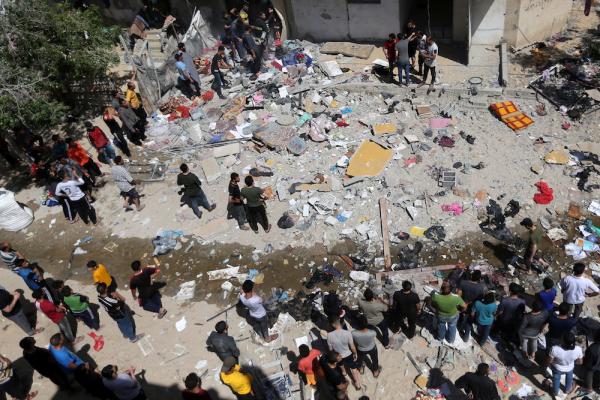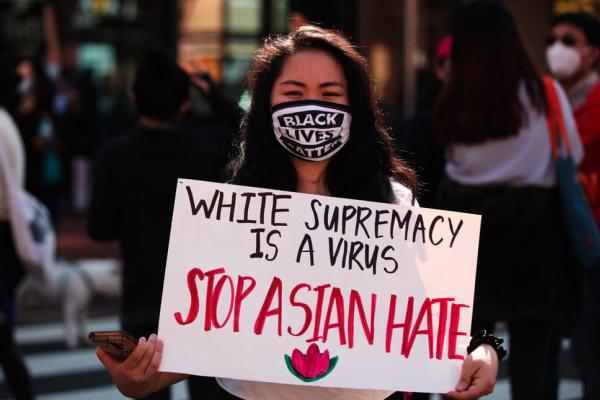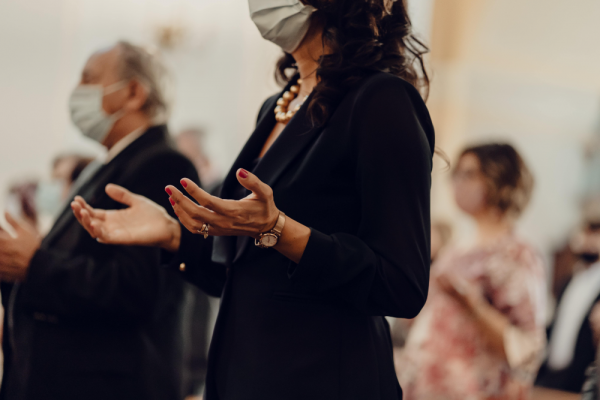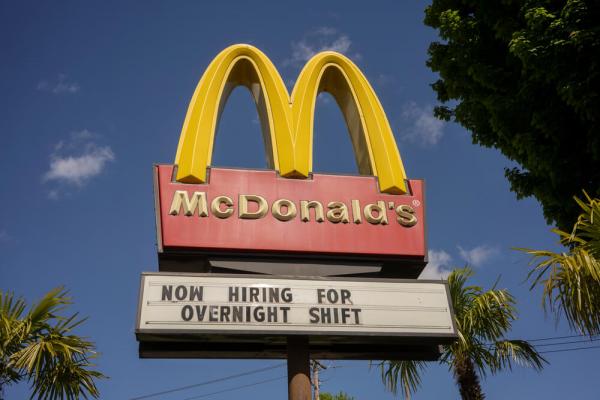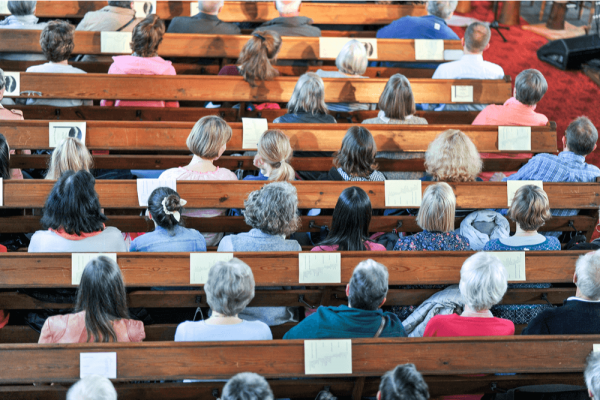I recently spoke with a good friend who was in the gospel choir with me at Clemson University. He sang. I played drums. During our time there — in between meals and practice and concerts — we felt the suffocation. That suffocation was in between the Black gospel choir and white Fellowship of Christian Athletes meetings, between Black Clemson and white classes. It was not the type of suffocation that kills you; it was the kind that smiles in your face and puts arms around your shoulders and waves hands in praise and sways your body side to side while never getting rid of slaveholding names and memories and theologies. It was the type of suffocation that enjoys the feeling of your presence but fails to embrace the fullness of your humanity.
Historically, people love to opine on power. Whether it’s John Dalberg-Acton’s “Power tends to corrupt, and absolute power corrupts absolutely,” or Kanye West’s “No one man should have all that power,” the concept of concentrated power is taught as something to fear.
The images of civilian deaths and escalating violence in Israel and Palestine are heartbreaking. As this moral, political, and humanitarian catastrophe continues, we must urge our elected leaders to call for an immediate cessation of the current wave of violence, while also building the political will to interrogate the root causes of the crisis.
“Pray for the peace of Jerusalem!”
Palestine and Israel are back in the news. So again, we Palestinians hear this common refrain. But such calls are no longer enough. I say this as a pastor who believes in prayer, leads prayer services for peace, and genuinely values your good intentions.
The question is: How do we broaden our bandwidth for advocating with our African American brothers and sisters while also bringing into view what is happening to Asian Americans in this moment? How does this moment continue the entire history of anti-Asian American racism? How can we expose the ways “racial capitalism” has sought to turn “non-white” races against each other?
The new CDC guidance has also prompted many pastors and faith leaders to revisit their own masking and social distancing guidelines for worship. But as an immunocompromised person, I want churches to know that if you choose to allow your congregation to unmask now, before we have any sort of herd immunity, you are asking immunocompromised people to choose between risking their lives or being excluded from church.
Rather than reflecting the truth of the motivations of both workers and employers, the "labor shortage" conversation is a tactic to adjust public perception and create the political will big corporations need to capture cheap labor –– it's propaganda at its most straightforward.
We work hard for diplomas and degrees, and yet as Jes Kast reminds college graduates, no title is more important — or utterly unearned — than being beloved.
As your pastor, I am proud of you. God is proud of you. I can say that without any doubt in my mind. Yes, you have passed your exams, but the pride I am talking about is the hard work and spiritual dedication you’ve put into your own soul and spiritual growth.
On Thursday, the Centers for Disease Control and Prevention (CDC) released updated guidelines telling people who have received the COVID-19 vaccine that they can now attend a full-capacity worship service and sing in an indoor chorus, among other activities.
While people “will still be required to wear a mask on planes, buses, trains, and other forms of public transportation” the CDC guidelines now say that if “you are fully vaccinated, you can resume activities that you did before the pandemic...without wearing a mask or physically distancing.”
